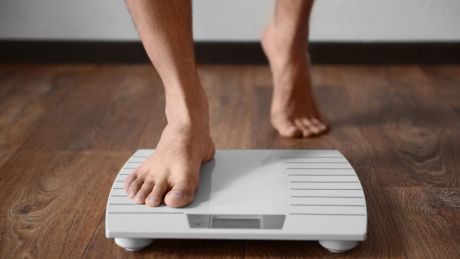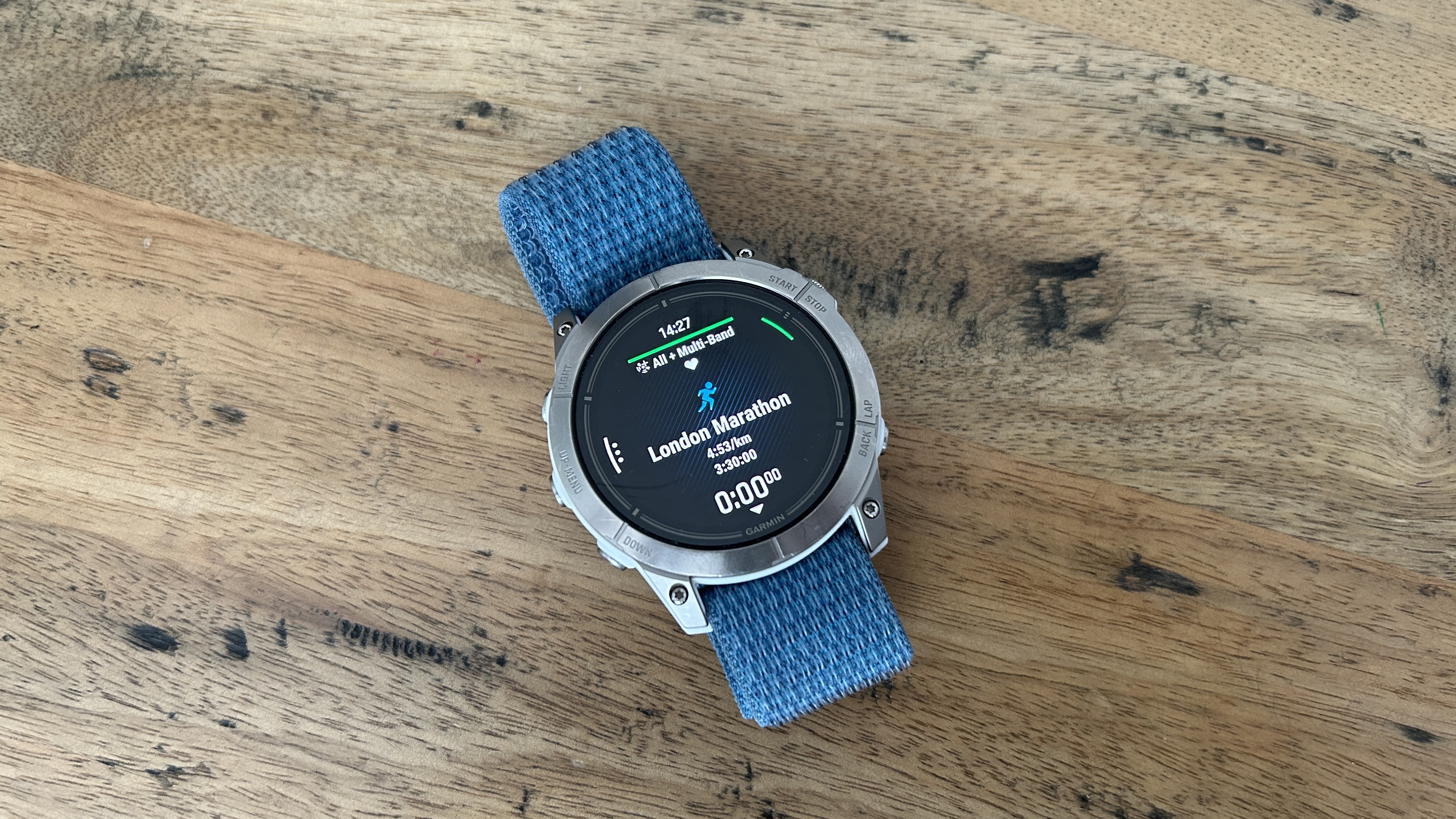Should You Worry About Your BMI?
The Body Mass Index measurement has been slated again, so we ask: is it worth knowing yours?

Everyone agrees that obesity is a problem. It increases the risk of health issues like type 2 diabetes, heart disease, stroke and some cancers. What people do not agree on is the best way to determine whether someone is obese.
The most common measure used in the UK is the Body Mass Index (BMI). It’s a quick, easy and non-invasive way to get a rough measurement of someone’s body fat. You just need their height and weight, which is plugged into a simple equation to produce a number that can then be measured against healthy and unhealthy ranges for your age and sex.
Unfortunately, BMI has several clear limitations when it comes to actually diagnosing obesity – and it has once again been criticised by experts in a recent opinion piece published, appropriately enough, in the journal Obesity.
The main issue is that BMI’s simple measurement doesn’t take into account body composition. You could be very heavy for your height, but if that weight is made up of muscle the fact that BMI labels you as overweight or obese is clearly wrong.
That means someone can be “obese” but metabolically fit, with no increased risk of disease due to their weight. The opposite is also true – you can fall within a healthy BMI range but have a pot belly that increases the risk of certain health issues.
The problems with BMI are evened out at a population level, with large-scale studies showing that having an unhealthy BMI is linked with the health problems associated with obesity. For individuals, however, simply finding out your BMI is not going to give you a complete picture of your health.
It’s still useful to know your BMI, but it’s worth rounding out the information it provides by also working out your waist-to-height ratio, which you can do easily with a piece of string. It’s a simple check that will take you all of ten seconds. If you have calipers or a set of smart scales you can also get a more exact idea of your body fat percentage.
Get the Coach Newsletter
Sign up for workout ideas, training advice, reviews of the latest gear and more.
RECOMMENDED: How To Measure Body Fat
Put some or all of these numbers together and you should get a pretty clear idea of whether you’re carrying around an unhealthy amount of fat. If your BMI is classed as unhealthy but you have a tiny waist and a low body fat percentage then congratulations, chances are you’re a muscle-bound hunk. On the other hand, if your BMI is fine but your waist is more than half the size of your height it’s time to hit the gym.

Nick Harris-Fry is a journalist who has been covering health and fitness since 2015. Nick is an avid runner, covering 70-110km a week, which gives him ample opportunity to test a wide range of running shoes and running gear. He is also the chief tester for fitness trackers and running watches, treadmills and exercise bikes, and workout headphones.









